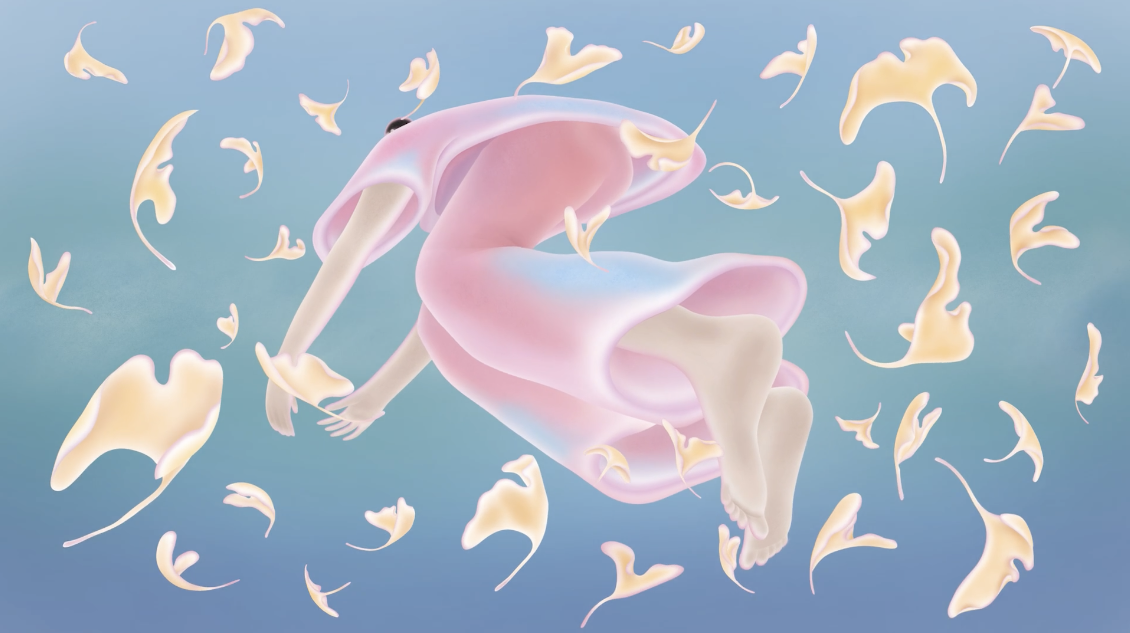How to Die a Better Death

What’s the Latest Development?
Dr. Angelo Volandes, a medical doctor and graduate of Harvard and Yale, is on a crusade to change end-of-life medical care by showing patients informative videos about the kind of care they can expect to receive. As a testament to his passion, Volandes makes the videos in his living room and has conducted over ten scientific studies which conclude that patients make dramatically different choices about their care after seeing his videos. Rather than opt for dramatic surgeries that have little chance of extending the quality of their lives, patients are more apt to choose comfort care, which emphasizes an easing of pain and suffering.
What’s the Big Idea?
Volandes’ primary concern has to do with ‘unwanted treatment’, a term that describes medical attention that patients would otherwise decline were they better informed. “Unwanted treatment is a particularly confounding problem because it is not a product of malevolence but a by-product of two strengths of American medical culture: the system’s determination to save lives, and its technological virtuosity. Change will need to be consonant with that culture. … You need a disrupter, but one who can speak the language of medicine and meet the system on its own terms.” That man may just be Dr. Volandes.
Photo credit: Shutterstock.com



